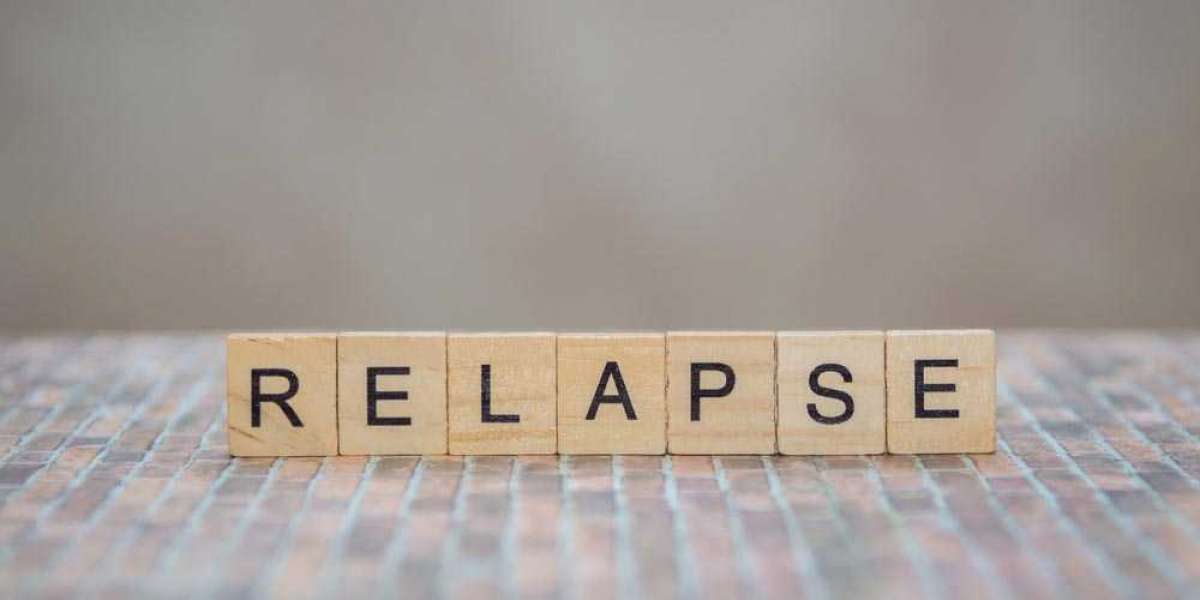Relapse prevention involves a series of changes in behavior. It includes recognizing emotional relapse and modifying the behavior before it happens. It may involve practicing self-care and seeking help if necessary. In addition, the individual must also learn to recognize the symptoms of post-acute withdrawal. This understanding of the process makes preventing relapse easier.
Self-care is an important part of relapse prevention
Self-care is a key part of recovery and relapse prevention. It is an important part of the recovery process because it helps clients focus on the important things. It also helps them create a new life and environment where it is easier to stay sober and not use drugs and alcohol. In addition, self-care includes practicing good self-control, asking for help, and not breaking rules.
Self-care is also an important part of relapse prevention because it provides the addict with a stable base for recovery and refocuses energy away from substance use. When the addict is healthy and well-nourished, they can be more helpful and open to others. Self-care can also include getting enough sleep and connecting with friends. Additionally, self-care strategies can include practicing spiritual practices.
Yoga
Yoga is a powerful tool to reduce the likelihood of relapse in addiction. The practice increases the levels of GABA, a naturally occurring neurotransmitter that helps regulate anxiety and stress. This molecule has been shown to lower cravings for substances and alcohol. It also helps a person to relax.
Yoga also has been proven to improve self-esteem. It encourages the development of healthy eating habits and helps a person sleep better. Moreover, it enhances the person's flexibility, which helps him or her handle stress better. This means better mental clarity and reduced irritability. Self-image is also enhanced through the physical practice of yoga, which improves the appearance of the physical body.
There are several holistic approaches to relapse prevention, but it is important to note that not every one will work for every individual. Yoga is a great example of a non-traditional approach because it allows a person to slow down and focus their mind. Yoga also helps the person to regain awareness of their body and breath.
Acupuncture
Using acupuncture has several benefits for individuals with drug addiction, including reducing drug craving and relapse. During treatment, acupuncture reduces brain activity in areas related to stress and addiction. Acupuncture has also been shown to reduce the expression of neurotransmitters involved in drug addiction and stress. These changes may explain why acupuncture can help people who struggle with addiction.
When used as part of a comprehensive treatment program, acupuncture can significantly impact recovery. Not only does it alleviate withdrawal symptoms, but it also helps the body heal from the physical damage that substance abuse causes. Acupuncture is a centuries-old practice and has been used to treat all types of physical illness and disease. Substance abuse can lead to a host of health complications, including a debilitating build-up of toxins. Acupuncture works to flush out these harmful toxins by releasing natural painkillers and endorphins.
Deep breathing
Deep breathing is a simple technique that can help you prevent relapse in many ways. First of all, it can help you to reduce stress. It also slows down the mind so you can focus on your mental health. You can do this anytime, anywhere. Try taking deep breaths through your nose for five to ten minutes.
Secondly, deep breathing can also help you improve your physical health. As with any other recovery technique, deep breathing can improve your digestion and help your organs function more effectively. A properly functioning digestive system will allow you to absorb nutrients from food better and flush out waste products faster.
Therapeutic confrontation
One of the most difficult aspects of helping a loved one with a substance use disorder is confronting the problem. Addicts often use everyday interactions with family members to maintain their addictive behavior. As a result, many family members opt to ignore the problem, fearing that it will push the addict further away. However, this approach is ineffective.
The main goal of this approach is to help the patient identify what triggers relapses. Identifying triggers, as well as coaching patients on coping skills, will help them avoid relapse. Once a therapist has mapped out the triggers, he can help patients develop ways to deal with these negative feelings and difficult situations.








